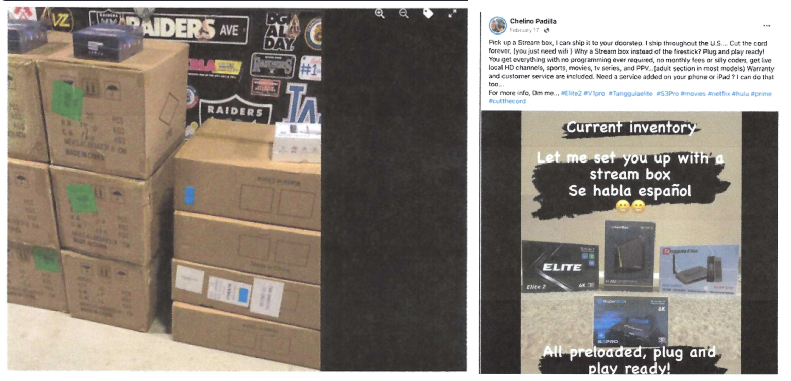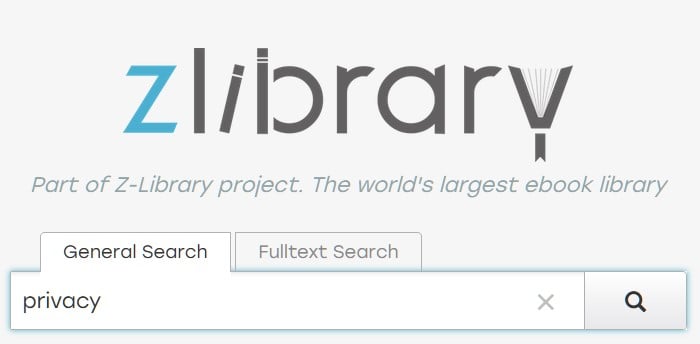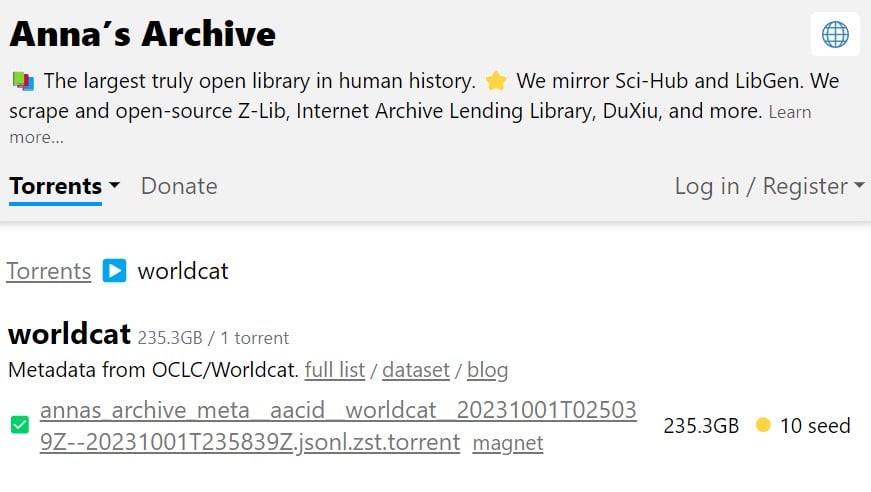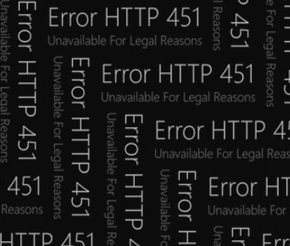-
chevron_right
DAZN: Force Cloudflare to Join Piracy Shield, Prosecute IPTV Buyers ASAP
news.movim.eu / TorrentFreak · Thursday, 11 July, 2024 - 09:14 · 4 minutes
 During an Italian Senate Committee on the future of football this week, discussions inevitably turned to the thorny issue of IPTV piracy and the first clear signs that controlling it is beyond current capabilities.
During an Italian Senate Committee on the future of football this week, discussions inevitably turned to the thorny issue of IPTV piracy and the first clear signs that controlling it is beyond current capabilities.
Given the rhetoric leading up to the launch of the Piracy Shield system, piracy in Italy should either be extinct or at the very least, gasping for air right now.
With neither of those scenarios playing out today, nor likely to play out anytime soon, it was only a matter of time before Europe’s “most advanced” anti-piracy system needed an upgrade. With the public purse picking up the bill , Piracy Shield 2.0 seems likely to be ready by the end of the year , but it doesn’t really matter what upgrades the system receives.
Pirates will route around it, provide it with false information, and in general, treat every attempt at denying service as an occupational hazard. Romano Righetti, Director of External and Public Affairs for DAZN, spoke about the challenges during the hearing this week and offered some detail on the company’s plan to fight back.
Attracting More Customers At the Expense of Piracy
Most large companies see benefit in attracting more customers and, for DAZN, more subscribers raises the possibility of returning a share of its revenue back into the football ecosystem. Righetti cited recent figures published by anti-piracy group FAPAV indicating that 285 million euros escapes from Serie A each year due to piracy.
“Some estimate that the number of illegal viewers could be in the order of two or three million, but it’s obviously very difficult to detect as they are illegal,” he said.
“However, it’s clear that strong action against piracy would not only benefit the treasury; obviously, revenues received under a legal regime are treated differently to those generated under an illegal one. The mechanism we have introduced could activate a virtuous circle whereby football would enjoy greater financial resources from us, although I cannot speak on behalf of our competitors, the other broadcasters.”
Righetti said that the anti-piracy legislation passed last August was a step forward, as was the launch of the new IPTV blocking system launched this year and overseen by AGCOM. Nevertheless, DAZN sees opportunities for improvement.
“The work carried out by AGCOM, through the adoption of the regulation and then the implementation of the so-called Piracy Shield platform, was another important step. However, we must take note that pirates are very sophisticated operators who know how to circumvent blocking, so for us we’re looking for the Piracy Shield platform to function more effectively,” Righetti added.
The Solution Lies Across The Atlantic
Righetti informed the Senate Committee that, at times, it may have appeared that Piracy Shield was ineffective due to malfunctions, but that assessment would be incorrect. Not only are pirates sophisticated operators, they also have access to sophisticated tools, mostly provided by American internet intermediaries.
Cloudflare wasn’t mentioned directly, but it’s been common knowledge for a while that Piracy Shield has no answer for the technical challenges posed by the company’s services. Statements from AGCOM have at times bristled with criticism, most likely due to the limitations of a system that was developed in full knowledge of what it was up against, promised the earth, yet was never likely to deliver.
Hoping to remedy the situation, Serie A took legal action against Cloudflare in May. Now DAZN outlines its own solution.
“Another important step would be to make it mandatory for so-called intermediaries of electronic communication services, which allow pirates to hide from the Piracy Shield platform through their services, to be obliged to register with this platform,” he explained.
“This would be a very important step because the services provided by these mainly American companies, have created situations where the platform becomes ineffective. Not because of the malfunctioning of the platform, but due to the level of sophistication of the services that these companies offer to pirates.”
Hit Intermediaries and Then Hit Pirate Football Fans
The proposal stated above implies that Cloudflare should be compelled, possibly by AGCOM, to participate in the Piracy Shield platform in the same way that local ISPs currently do. After plugging itself into the system, Cloudflare would be required to make itself permanently available, to receive lists of IP addresses and domains, and then block each one within 30 mins, to ensure that no Italian can access them.
As a business proposition, albeit completely one-sided, it’s difficult to imagine Cloudflare augmenting its connectivity-focused mission with a huge project that runs entirely counter to that. Presumably that’s why DAZN’s proposal suggests that participation should be mandatory – effectively the use of force.
The same approach also features in DAZN’s proposal for luring currently-pirating football fans back to the legal viewing market. Righetti says the company hopes that a memorandum of understanding, between AGCOM, the Guardia di Finanza (financial police) and the Public Prosecutor’s Office, can be signed as soon as possible, “because another very important step would be to put the Public Prosecutor’s Office in a position to prosecute not just those who offer piracy but those who buy piracy services.”
Righetti describes prosecuting pirating members of the public as “an absolutely fundamental step” towards tackling the piracy problem. To have any meaningful deterrent effect, that might need to involve the prosecution of a significant number of people, the same people who make up the pool of people from where broadcasters see great potential for growth.
Details of testimony from Sky Sport and Mediaset available here and here ( digital-news.it )
From: TF , for the latest news on copyright battles, piracy and more.

 The Internet is littered with shady IPTV services that offer a lot, for very little money.
The Internet is littered with shady IPTV services that offer a lot, for very little money.
 BREIN agreed with the IPTV vendor that all subscribers, who ordered and communicated via WhatsApp, had to be notified about the shutdown and the illegal nature of the service.
BREIN agreed with the IPTV vendor that all subscribers, who ordered and communicated via WhatsApp, had to be notified about the shutdown and the illegal nature of the service.



 In 2015, Brazilian developer Matheus Valadares shared a new game called Agar.io on 4chan, which soon became a smash hit.
In 2015, Brazilian developer Matheus Valadares shared a new game called Agar.io on 4chan, which soon became a smash hit.





 Earlier this month, torrent search engine
Earlier this month, torrent search engine











 Commentary
Commentary

